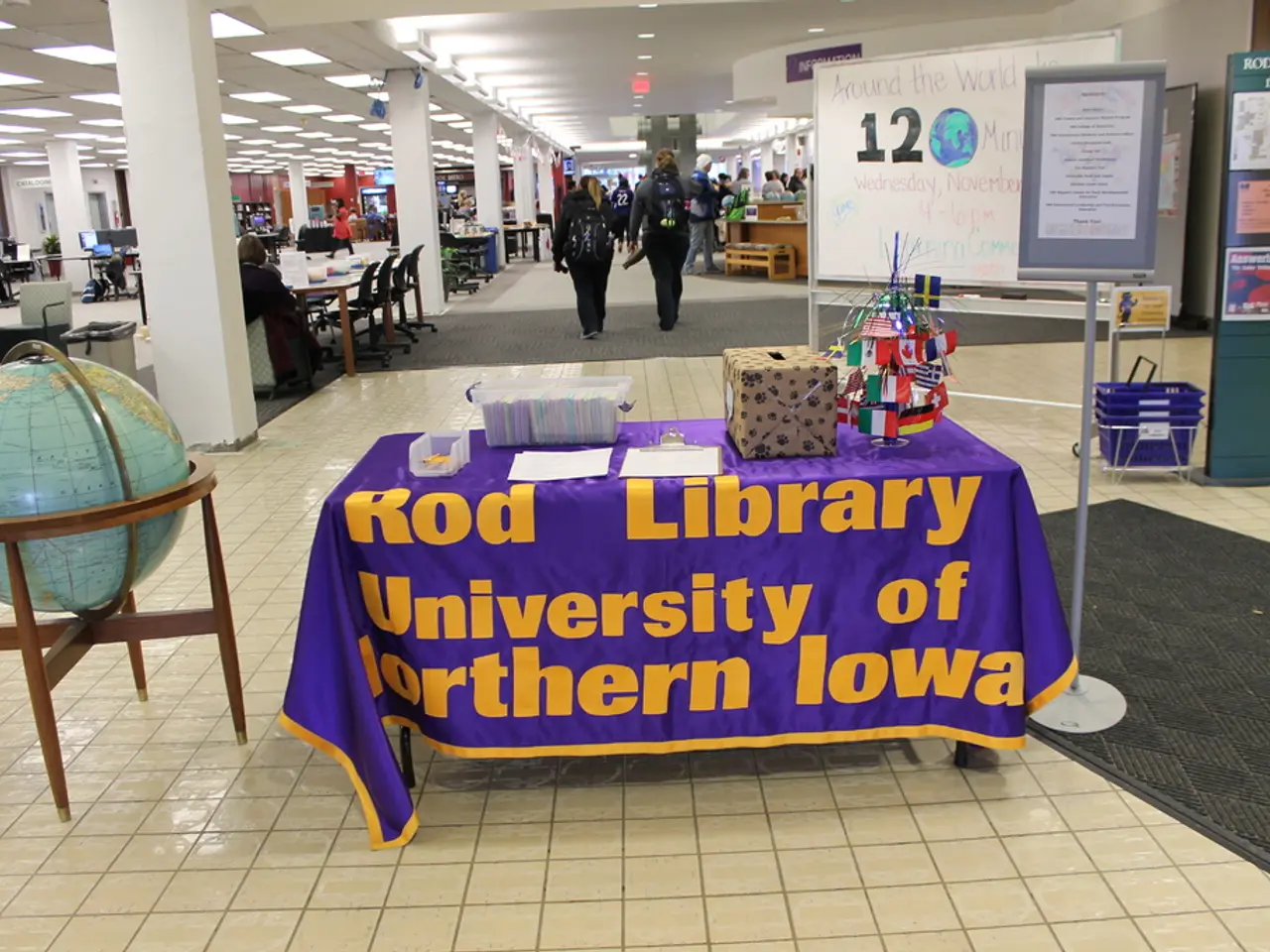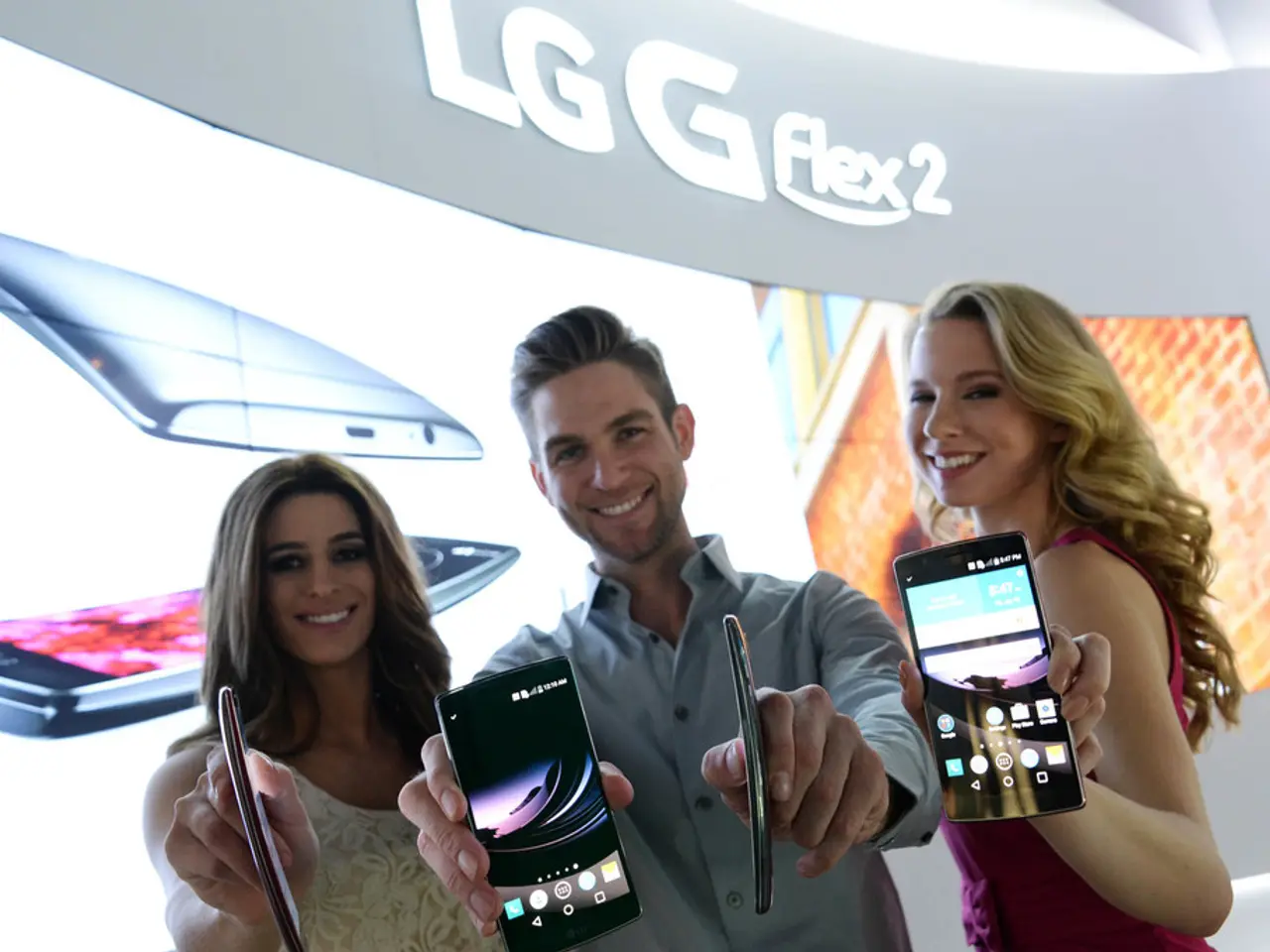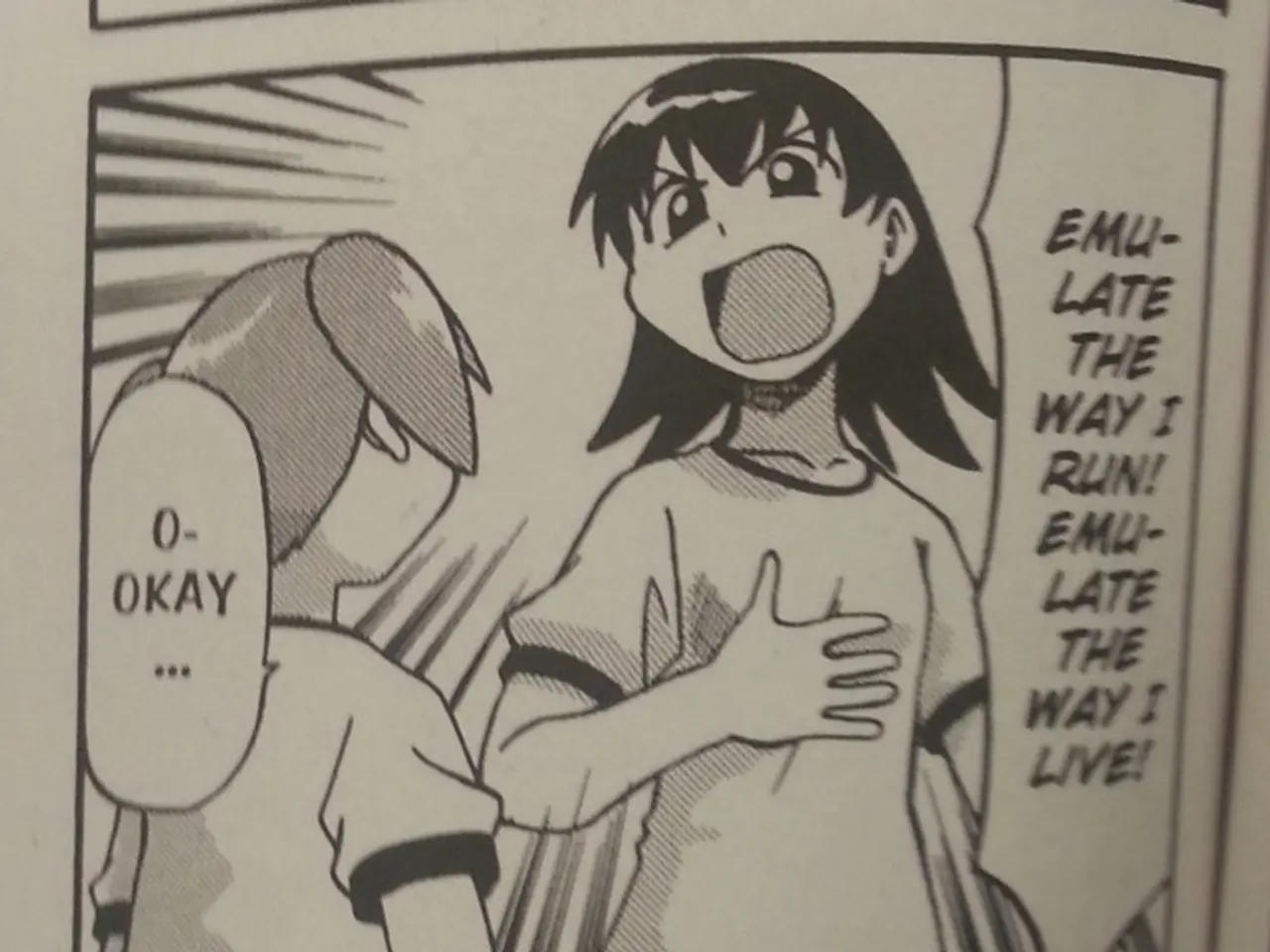City Honors Hiroshima and Nagasaki: A Call for a Nuclear-Free World
Commemoration, Demonstration, and Exhibition in Dortmund: A Call for Global Nuclear Disarmament
On August 6, 2025, Dortmund will host a significant event marking the 80th anniversary of the atomic bombings of Hiroshima and Nagasaki. This commemoration, demonstration, and exhibition aim to remember the devastating human suffering caused by nuclear weapons and advocate for a nuclear-weapon-free world, especially pertinent amidst the growing nuclear threats today [1].
Organized by groups such as the International Physicians for the Prevention of Nuclear War (IPPNW) and the German-Japanese Society, this event offers a poignant reminder of the enduring consequences of nuclear warfare. The bombings killed about 92,000 people instantly, with around 130,000 more dying later from radiation effects. Many survivors (Hibakusha) still suffer, emphasizing the lasting impacts of nuclear war [1].
The event takes on additional significance in the context of the current geopolitical climate. The organizers explicitly state that the world is "in the midst of war," with the risk of nuclear war becoming increasingly real. This situates the commemoration as a stark warning relevant to today's tensions [1].
As a NATO member participating in nuclear sharing, Germany hosts U.S. nuclear weapons and integrates nuclear deterrence into its defense policy. The Dortmund event implicitly challenges this posture by honoring a global plea for a “world without nuclear weapons” and by reinforcing civil society voices advocating disarmament [1]. The call to listen to Hibakusha reminds the public and policymakers of the human cost behind nuclear strategy decisions.
The event unites peace groups, environmental activists (Greenpeace), and social organizations, reflecting broad societal concern about nuclear weapons' existence and potential use. This grassroots activism demonstrates public engagement with the nuclear debate in Germany and beyond [1].
The commemoration will begin at 4 PM on the Platz von Hiroshima in Dortmund. The exhibition, titled "Still Thinkable?", will open at 5 PM on the Friedensplatz, featuring powerful drawings by Japanese students that visualize the accounts of survivors of the bombings, supplemented by historical photographs documenting the extent of the destruction [1].
Dr. Jürgen Altmann will give a lecture on the possible consequences of a nuclear war. A demonstration march through the city center to the Ginkgo tree at the Stadtgarten and the Berswordthalle will begin around 4:45 PM. Speeches will be given by representatives of the city of Dortmund, the German-Japanese Society, the regional group of the international physicians' organization IPPNW, and AWO [1].
The UN Treaty on the Prohibition of Nuclear Weapons has been legally binding since 2021 and has been ratified by over 70 states. However, Germany has so far refused to join this treaty. The organizers of the event in Dortmund call on the federal government to change its mind and set a clear sign for a nuclear-weapon-free world [1].
The message of the memorial day in Dortmund is clear: nuclear weapons must be abolished - before they abolish us. The event serves as a memorialization of the horrific past and a proactive political statement against nuclear arms in the present geopolitical climate, highlighting ethical and humanitarian imperatives that question the logic of nuclear deterrence and Germany’s role in it. It reaffirms the importance of global peace efforts and disarmament advocacy amid ongoing nuclear risks [1].
Reinhard Raschke (Greenpeace Dortmund) will provide musical accompaniment, and the drum group Senryoku Taiko will provide a cultural framework program for the event. This multifaceted approach ensures a moving and informative experience for all participants [1].
[1] Information sourced from the official press release of the event organizers.
- The upcoming commemoration, demonstration, and exhibition in Dortmund, focusing on education-and-self-development about nuclear warfare and advocating for its elimination, is especially relevant in today's politics, given the rising nuclear threats and the world's current state of war-and-conflicts.
- The commemoration event in Dortmund, featuring speakers, lectures, exhibitions, and musical performances, serves as a general-news platform, urging policymakers to listen to the Hibakusha, survivors of the atomic bombings, and reconsider Germany's position on the UN Treaty on the Prohibition of Nuclear Weapons, ultimately pushing for a nuclear-weapon-free world.




